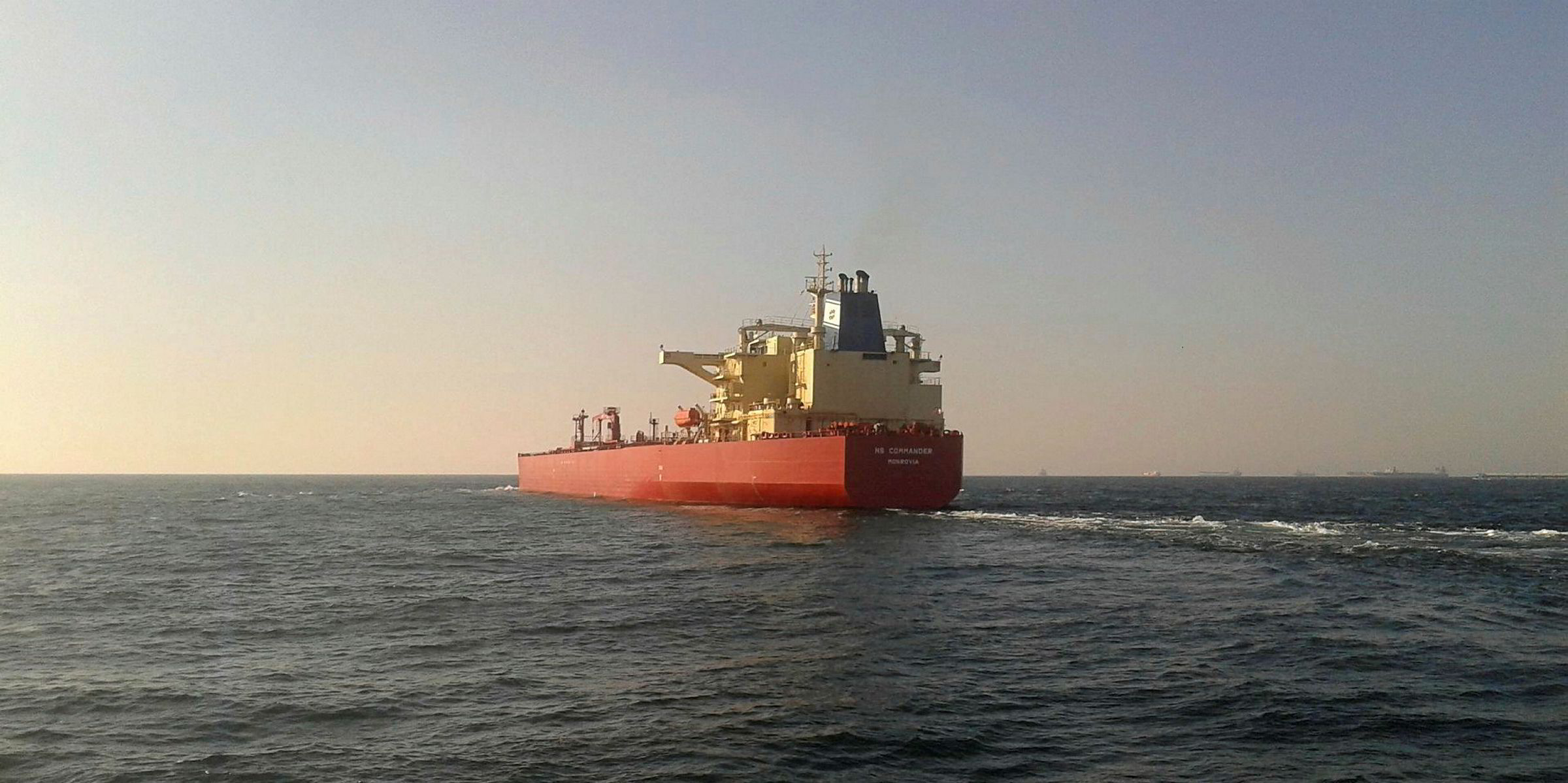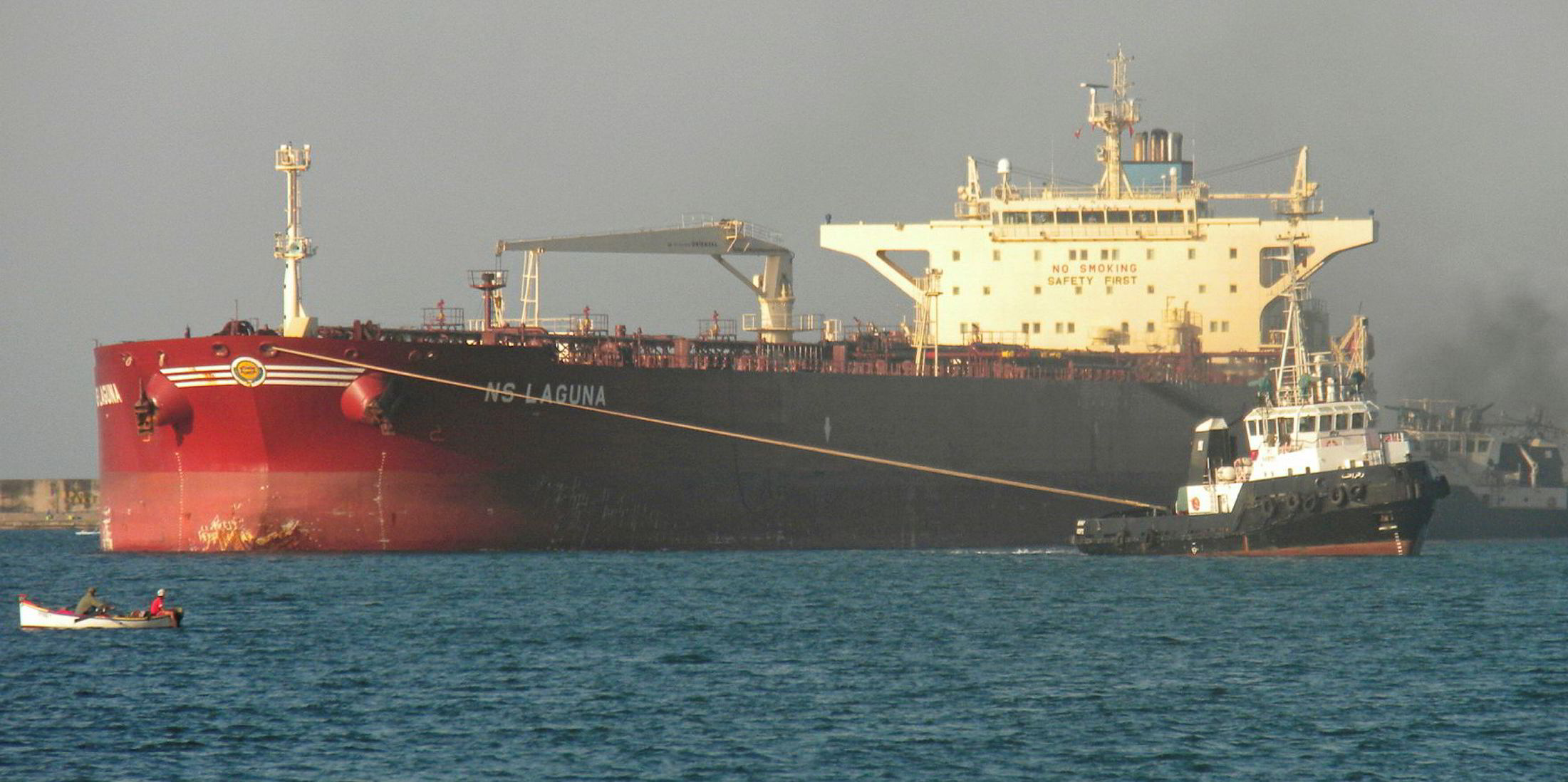Novoship has reportedly fixed out two aframax crude tankers on one-year charters at firm rates, suggesting market sentiment is still strong despite weak spot trade.
Shipbrokers report the Sovcomflot (SCF Group) subsidiary chartered the 109,900-dwt NS Clipper and 105,800-dwt NS Commander (both built 2006) to Glencore's ST Shipping & Transport at $19,500 per day.
Both firms declined to comment on the deals.
Market participants have assessed the one-year rate for aframax tankers at $19,000 to $20,000 per day in recent weeks, the highest since mid-2016, while some ice-class tonnage is reportedly fixed at $21,000 per day.
This is in sharp contrast to the weakness in spot markets, where the average aframax earnings have remained near $8,000 per day on the Baltic Exchange since late March.
IMO 2020 preparations
The lacklustre spot trading is due to large newbuilding tonnage, limited scrapping and heavy-than-normal refinery maintenance in preparation for IMO 2020, all of which hurt supply-and-demand fundamentals for crude tankers, according to analysts.
So far this year, 50 crude tankers totalling 10.1 million dwt have been delivered, compared with two ships totalling 426,000 dwt being demolished, data from Clarksons shows.
However, many industry experts predict that the IMO’s bunker regulations will turn into a bullish factor later this year, granting shipowners the bargaining power to ask for high rates with longer periods in time charter markets.
'Curious divergence'
“The past few months has seen a curious divergence between time charter and spot hire rates for tankers as, while the latter have begun the year with a whimper, the former have maintained their upward momentum,” Alphatanker said.
“Now that rates have come up to a level well in excess of operating expenses, owners are looking at deals of three to five years, or even longer.”
As the IMO’s lower sulphur limits in marine fuels come into force from January, the refinery industry is expected to raise crude runs to produce more compliant bunkers.
The International Energy Agency has forecast global refinery throughput will reach 83.3 million barrels per day (bpd) of crude in 2019, up from 82.1 million bpd last year.
Moreover, European refineries are expected to increase imports of sweet crude from the US Gulf to maximise low-sulphur bunker fuels, which would support tonne-mile demand for aframaxes.
Some analysts also suggest floating storage demand will rise due to the logistics challenge in handling high-sulphur fuel oil post-2020.







